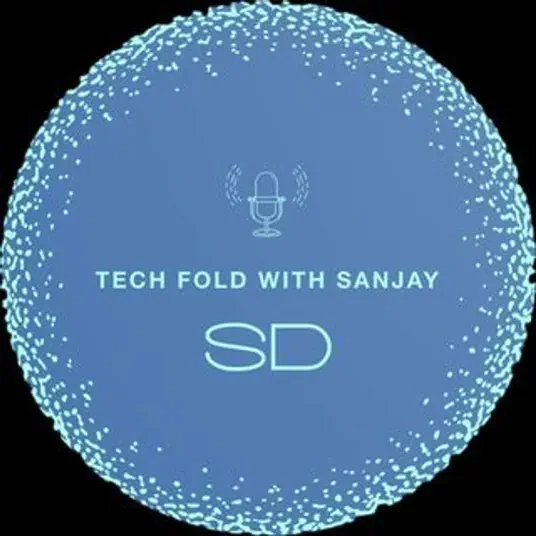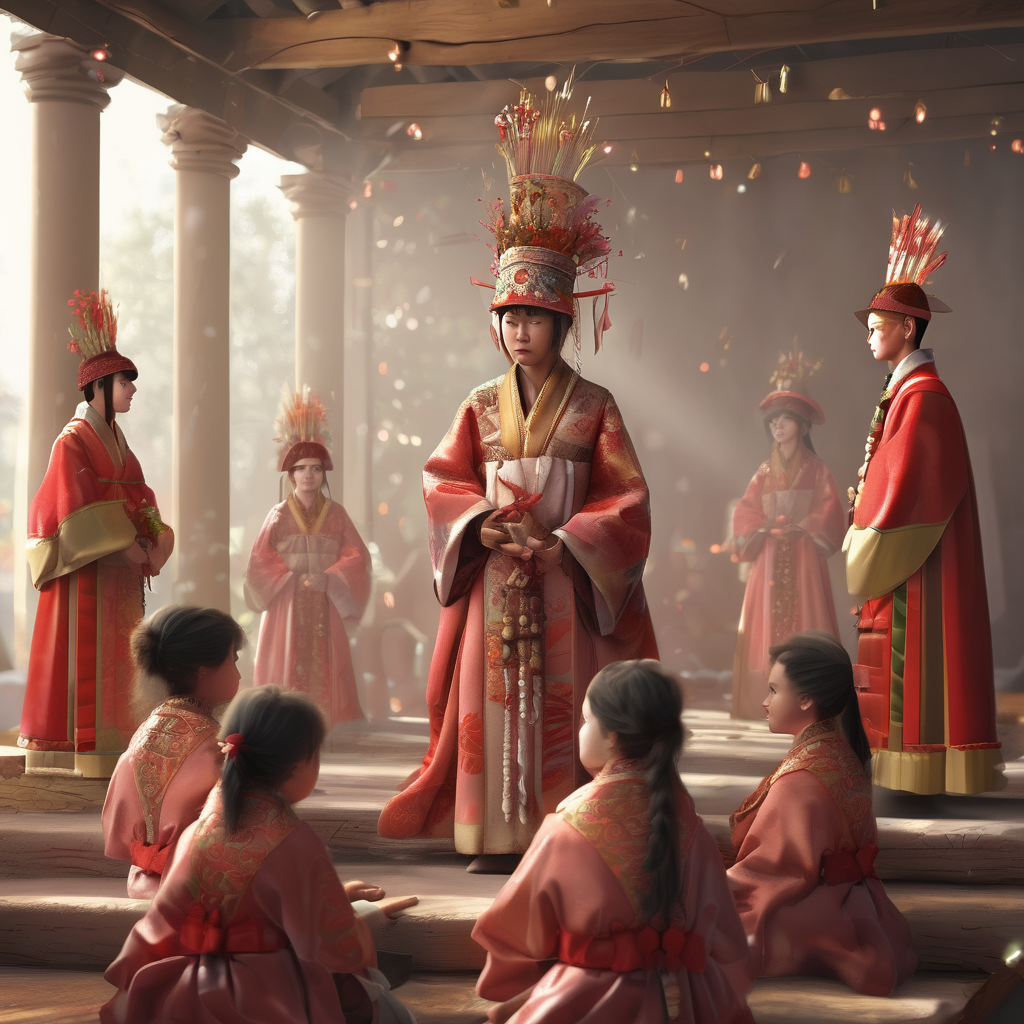Introduction
YouTube CEO Neal Mohan recently made headlines, stating that OpenAI training its text-to-video AI model, Sora, on YouTube videos would be a “clear violation” of the platform’s Terms of Service. This statement raises ethical and legal concerns surrounding the use of copyrighted content for AI training and puts a spotlight on the evolving relationship between tech giants and artificial intelligence.
The Controversy Explained
- Sora’s Capabilities: Sora is a cutting-edge AI model capable of generating videos based on text prompts. To achieve this level of sophistication, it likely required training on massive amounts of image and video data.
- YouTube’s Immense Dataset: YouTube’s vast repository of user-uploaded videos is a tempting source for AI training data. However, this content is protected by the platform’s Terms of Service.
- Creators in the Dark: The primary concern is that YouTube creators have not explicitly consented to having their work used to train commercial AI models.
OpenAI’s Response (Or Lack Thereof)
OpenAI has yet to confirm or deny the use of YouTube videos in Sora’s development. This lack of transparency adds to the unease surrounding the situation.
The Wider Implications
This controversy highlights several key issues in the rapidly evolving field of AI:
- Data Ethics: It forces the debate on how and when copyrighted material can be used for training AI, without undercutting the rights of creators.
- Legal Gray Areas: Current laws may not be equipped to handle these complexities, leading to potential lawsuits or revisions to platform policies.
- Industry Standards: There’s a pressing need for clear guidelines on ethical AI development to protect content creators and foster public trust in AI.
Where Do We Go From Here?
This situation could have several outcomes:
- OpenAI Clarification: OpenAI may clarify its data sources, potentially opening possibilities for more ethical data acquisition.
- YouTube Policy Updates: YouTube could revise its Terms of Service to explicitly address AI training, giving creators more control.
- Legal Challenges: Creators or content owners could take legal action if the use of their work for AI training is deemed copyright infringement.
The Debate Continues
This issue is far from resolved. The potential use of YouTube videos for Sora’s training underscores the need for open dialogue and clearer guidelines as AI technology continues to advance.pen_spark







Leave a Reply